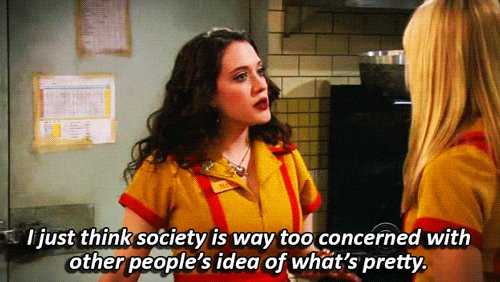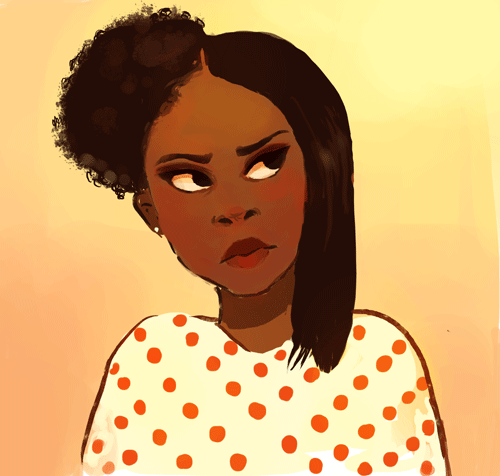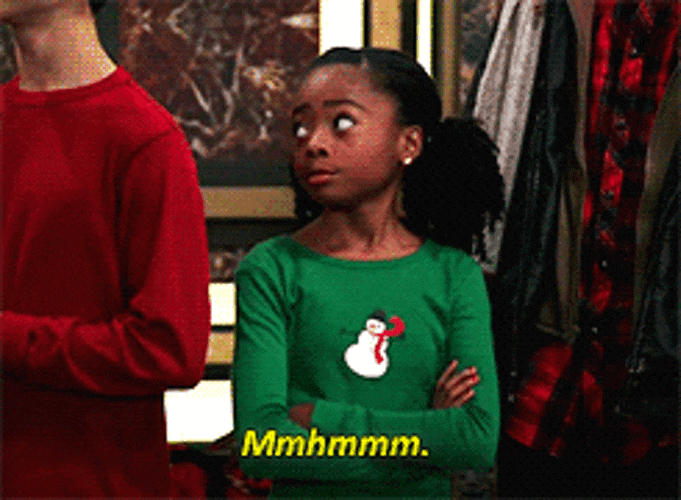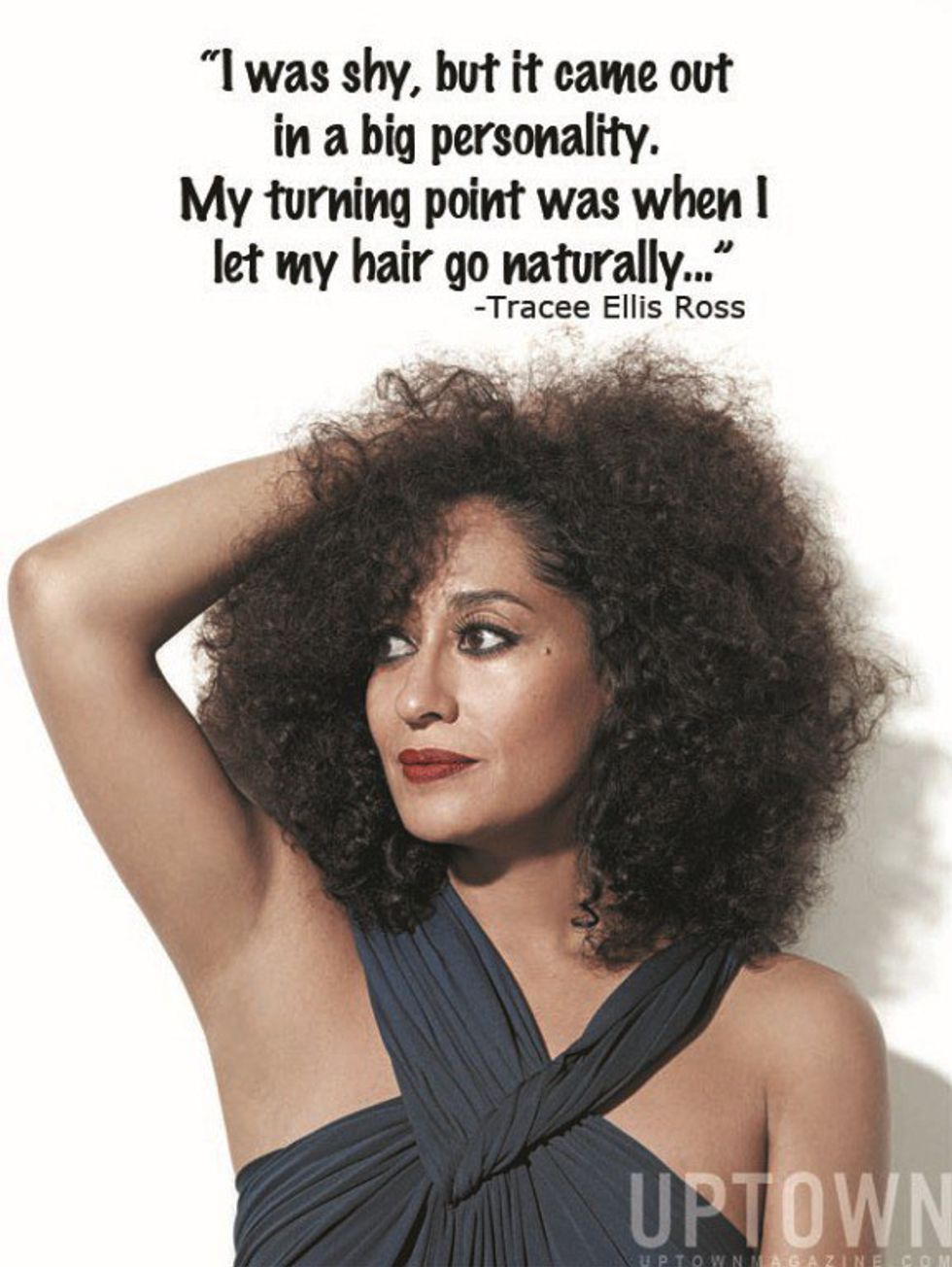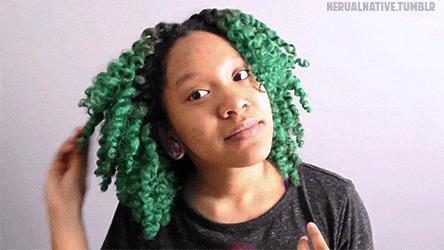Many of us fall victim to societal standards, especially in terms of aesthetics. This is prevalent in the way we dress, our choices in items as consumers, and even when it comes to our hair/hairstyles. One thing is labeled negative while the other is praised, causing many people to alter the things they have naturally to conform with the "norms." However, the beauty that society often overlooks comes in abundance from things that are natural and unprocessed.
In African American or Afro-Caribbean American communities, as well as others, I'm sure (I can only speak from the point of view I know), children are subjected to oppressive standards at a very young age. We are taught that our naturally “wild” curly hair and/or dreadlocks are untidy, unattractive, or even unprofessional. Therefore, they should be tamed with various straighteners like perms, presses, “blow outs,” and hot combs, to name a few. As a result, when natural, we have heard statements from our elders like, “you need to do something with that hair,” “you look like you have no owner” (alluding homelessness), “that hair looks so untidy,” and the list goes on. Consequently, we allow these statements to manipulate us to believe that straight is better or more beautiful; straight makes you look more well-kept and maintained. It might even be possible that at a young age, an adult processed your hair in order to make it “more manageable.” This method along with the ones mentioned prior are not only damaging to the hair, but the perception is also harmful to one's self-esteem and outlook on beauty.
I'm not saying that straight hair should be resented and everyone should go natural. The point is to raise awareness that the things you are born with are not awful or ugly. Thus, highlighting natural as beautiful is important, especially in a present society where one is pushed you buy everything “organic.” I am also not saying that one should not straighten their hair once in a while either. By all means, do as you please! But a vast majority of men and women have mixed feelings about their natural hair because of social standards and/or pressures. Hence why it needs to be said unapologetically that any quality of hair is "good hair," regardless of texture and what the masses think is the true definition of beauty.
The consumer market is currently plastered with labels stating "organic" and/or "all natural." However, these labels become slightly tainted when it comes to hair. Regardless of society's point of view, hair does not classify one's identity, nor does it make one less or more of a person. Thus, an identity should not be formed from someone's hair choices. Since these unprocessed terms are so easily welcomed for other things, it should be applied that way to natural hair as well.
In the past, I have been a strong believer in the negative perspectives of natural hair because I assumed that my natural hair was unmanageable and too wild. On the contrary, my natural hair is easier to deal with (for me personally), is healthier, and always smells great. Not to mention, when it rains, I have nothing to worry about. I have also saved a lot of money that I would pour into the salons by going natural and doing my hair myself. In addition DIY (do-it-yourself) posts from sites like Pinterest and YouTube have become my best and most affordable friends. Most of my money goes into products that can be made at home with a few grocery items and a quick search on the go-to sites I mentioned. As a result, as I understood my hair more, I learned that it is part of me and seemingly has a personality of its own. It is a vibrant, sometimes frizzy mess that stands out and makes me identifiable in my own way.
Natural hair is also extremely versatile, one being able to create an array of styles with one's hair. It also be cut and colored all the same as straight hair, not to mention that it can be full of volume (something that will always be in style). You can find a vast majority of videos to understand and manage your hair in order to make it less "dreadful." The natural hair community is growing every day as more people begin to cherish their hair, exchanging new ideas to create a love for natural hair as a lifestyle and as art.
No matter the type of hair you have, it is NOT bad—it is beautiful and should be loved, especially if it is wild and free. My natural hair is the crown I wear every day with pride. I love my hair, and it is not something to be ashamed of it. It is "all natural," it is "organic," and more importantly, it is yours, so embrace it!
Maybe we can teach our new generations to appreciate the masterpiece that is natural hair instead of forcing them to change their hair and telling them it is not pretty. All hair is "good hair" because anything that grows is good, contrary to popular belief.




